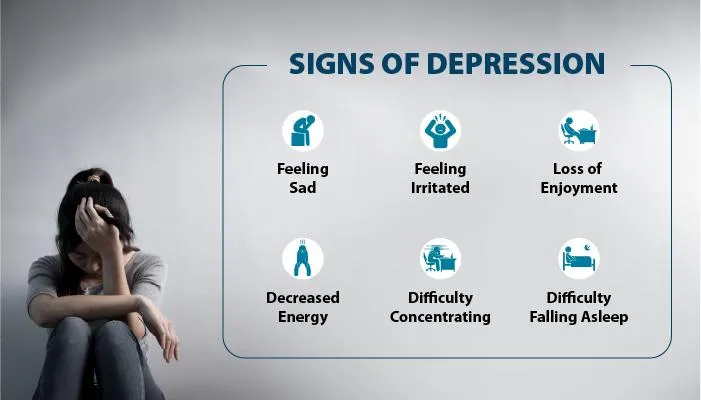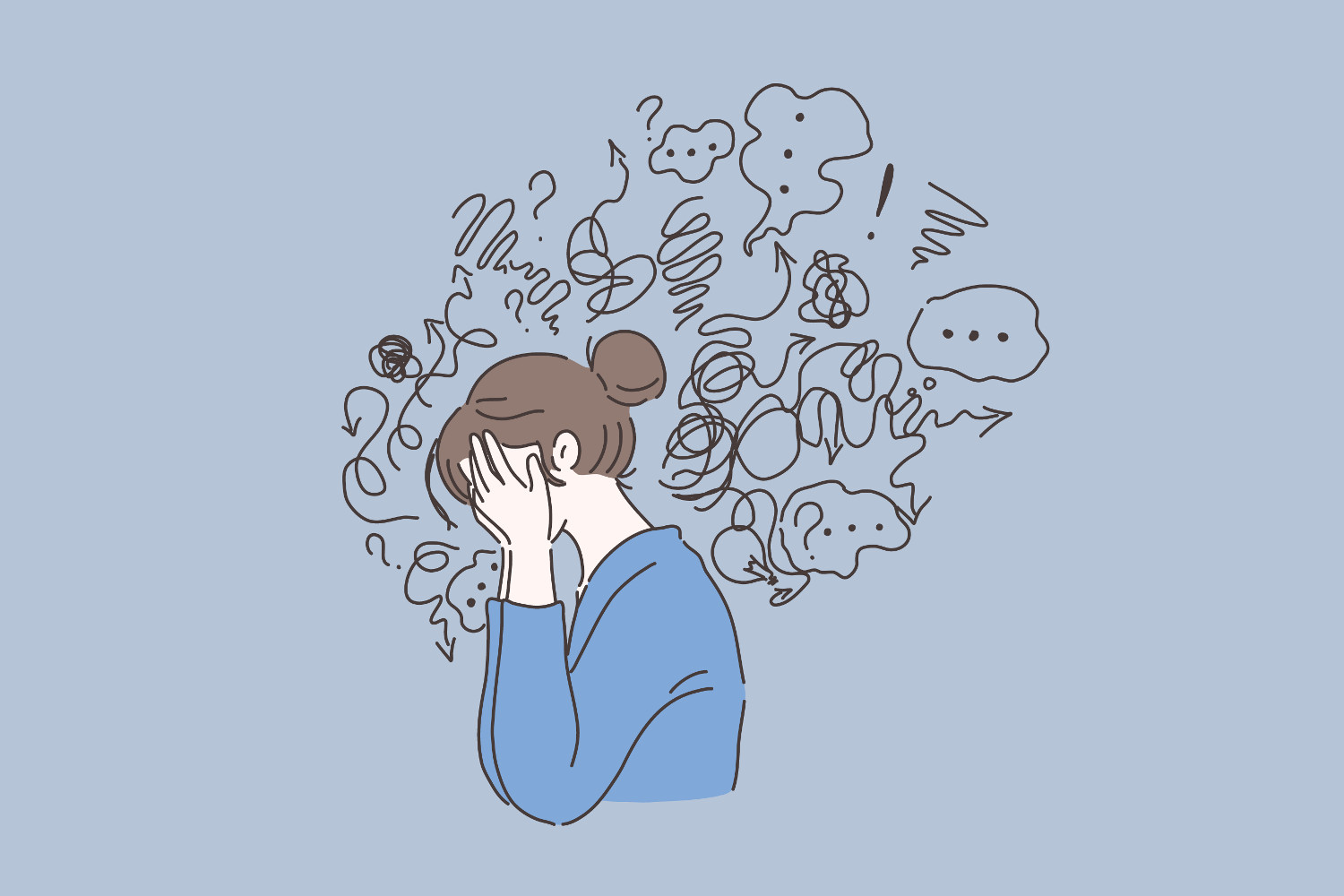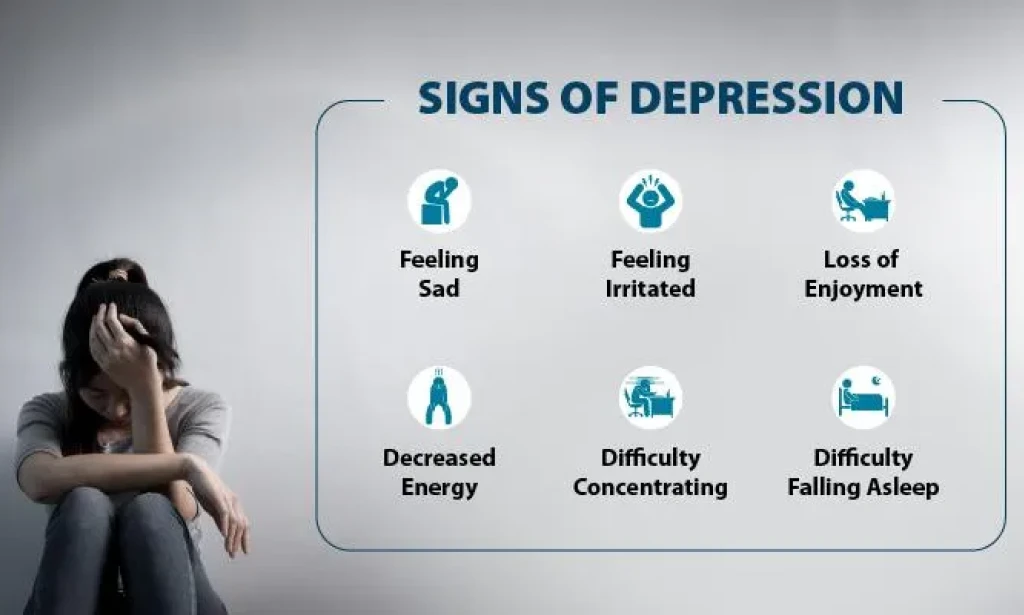 Introduction:
Introduction:
Depression, often described as a silent epidemic, affects millions of people worldwide, transcending age, gender, and socioeconomic status. Despite its prevalence, it remains widely misunderstood. In this article, we delve into the complexities of depression, exploring its causes, symptoms, and treatment options.
Understanding Depression:
Depression is more than just feeling sad; it is a complex mental health disorder characterized by persistent feelings of sadness, hopelessness, and a loss of interest in activities once enjoyed. While it is normal to experience periods of sadness or grief, depression is different in that it persists for weeks, months, or even years, significantly impacting an individual's ability to function in daily life.
Causes of Depression:
Depression is a multifaceted condition with various contributing factors. Biological factors, such as genetics, brain chemistry, and hormonal imbalances, play a significant role. Individuals with a family history of depression are at a higher risk of developing the disorder themselves. Additionally, imbalances in neurotransmitters, such as serotonin and dopamine, can contribute to the onset of depression.
Psychological factors also play a crucial role in the development of depression. Traumatic life events, such as loss of a loved one, abuse, or chronic stress, can trigger depressive episodes. Moreover, personality traits, such as low self-esteem, perfectionism, or a tendency towards negative thinking, can predispose individuals to depression.
Social and environmental factors, including socioeconomic status, living conditions, and access to support networks, also influence depression. Social isolation, loneliness, and a lack of social support can exacerbate feelings of sadness and hopelessness.
Symptoms of Depression:
Depression manifests differently in each individual, but common symptoms include:
Persistent feelings of sadness, emptiness, or hopelessness.
Loss of interest or pleasure in activities once enjoyed.
Changes in appetite or weight.
Insomnia or excessive sleeping.
Fatigue or loss of energy.
Difficulty concentrating or making decisions.
Feelings of worthlessness or guilt.
Suicidal thoughts or behaviors.
It's essential to recognize that depression can present differently in men, women, and children. Men may be more likely to exhibit anger, irritability, or reckless behavior, while women may experience more pronounced feelings of guilt or worthlessness.
Diagnosis and Treatment:
Diagnosing depression typically involves a thorough evaluation by a mental health professional, including a physical examination, psychological assessment, and discussion of symptoms and medical history. There are various types of depression, including major depressive disorder, persistent depressive disorder (dysthymia), bipolar disorder, and seasonal affective disorder, each requiring tailored treatment approaches.
Treatment for depression often involves a combination of psychotherapy, medication, and lifestyle changes. Cognitive-behavioral therapy (CBT) is one of the most effective forms of psychotherapy for depression, helping individuals identify and change negative thought patterns and behaviors. Other therapeutic approaches, such as interpersonal therapy (IPT) and psychodynamic therapy, may also be beneficial.
Medication, such as antidepressants, may be prescribed to help alleviate symptoms of depression. Selective serotonin reuptake inhibitors (SSRIs), serotonin and norepinephrine reuptake inhibitors (SNRIs), and tricyclic antidepressants are among the most commonly prescribed antidepressant medications. It's essential to work closely with a healthcare provider to find the right medication and dosage, as individual responses can vary.
In addition to therapy and medication, lifestyle changes can also play a significant role in managing depression. Regular exercise, healthy eating habits, adequate sleep, and stress management techniques, such as mindfulness meditation or relaxation exercises, can all help improve mood and overall well-being.

Support from friends, family, and support groups can also be invaluable in coping with depression. It's essential for individuals with depression to reach out for help and not to suffer alone in silence. Seeking professional treatment and support is the first step towards recovery.
Conclusion:
Depression is a pervasive mental health disorder that affects millions of people worldwide. While it can be debilitating, it is also highly treatable with the right support and interventions. By understanding the causes, symptoms, and treatment options for depression, individuals can take proactive steps towards managing their mental health and leading fulfilling lives. Remember, help is available, and recovery is possible.



You must be logged in to post a comment.